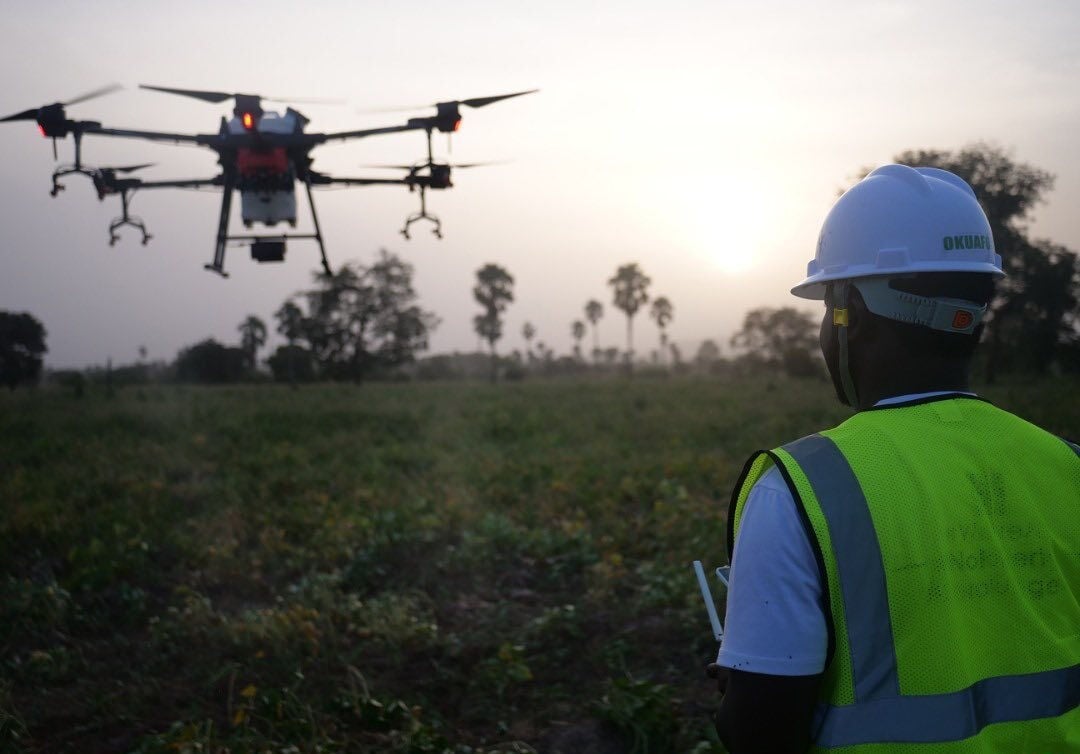PHOENIX — State lawmakers are moving to make sure people don’t get too nosy with their new drones.
On a party-line vote Wednesday, members of the House Commerce Committee approved legislation that would make it a felony to intentionally photograph, record or otherwise observe someone else in a private place where that person has a “reasonable expectation of privacy.”
Only thing is, there was no agreement on exactly when someone crosses that line. And that, said foes, makes SB 1277 unclear exactly what would and would not land you in prison.
And it’s not just an amateur drone pilot who could get into trouble.
A lobbyist for NBC Universal worried that his client could run afoul of the law if it videotaped homes incidental to regular news and sports reporting.
And even an insurance industry lobbyist expressed concerns that efforts by his client to use drones to assess damage to homes after a disaster could result in criminal charges.
But the real debate came down to where people have that “expectation of privacy.”
A lot of it is in the eye of the person who is the one being viewed or videotaped, Sen. Anthony Kern, R-Glendale, told colleagues.
On one extreme, he said, would be someone flying a drone into someone’s yard to the point where it could peer through the window into a bedroom. That, said Kern, is where someone would expect privacy.
Not so much, he said, if there is a drone taking pictures of him in his back yard.
“If a drone flies over my property and I’m sitting out there maybe in my boxers or otherwise and they take a picture, that’s my bad,” Kern said. “That’s not to me a reasonable expectation.”
But how high off the ground does that drone need to be to avoid triggering this new law?
Not very, as Kerr explained to committee members.
“You have a six-foot high fence, somebody peers over it, which I’ve had happen a few times, they’re not breaking the law,” he said. So a drone operating outside the property line at just above the top of the fence would be no different.
“But a drone going into your property and photographing where you should have a reasonable expectation of privacy in your home, photographing into your bedroom, your living room, your kitchen, that, to me, would define a reasonable expectation of privacy.”
But Kern, in a later interview with Capitol Media Services, said that the question of how high off the ground something would need to be could depend on the situation.
For example, he said, someone living in a multi-story building would believe that a drone operating at 30 feet off the ground would be intruding on privacy.
Then there’s the question of loitering. Kern said he would presume that a drone idling above his house and yard — and taking pictures — is far different than one simply flying over, though he is not sure even that would be a violation.
And there’s another technological factor.
Kern pointed out that it isn’t necessary for a drone, which can fly up to 400 feet according to Federal Aviation Administration rules, to actually be within close proximity to someone’s property — or even someone’s window — to see what they are doing. That depends on the optics and resolution of the camera.
In fact, he noted that there are spy satellites that can actually read a license plate from space.
Kern said he is sure of one thing: It doesn’t matter who is operating the drone.
“Whether it be government or Realtors or an insurance company, if there’s intent there of photographing your property without your permission, I think that they need to get that permission,” he said.
The measure, which already has been approved by the Senate, now goes to the full House.





